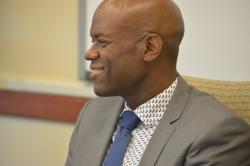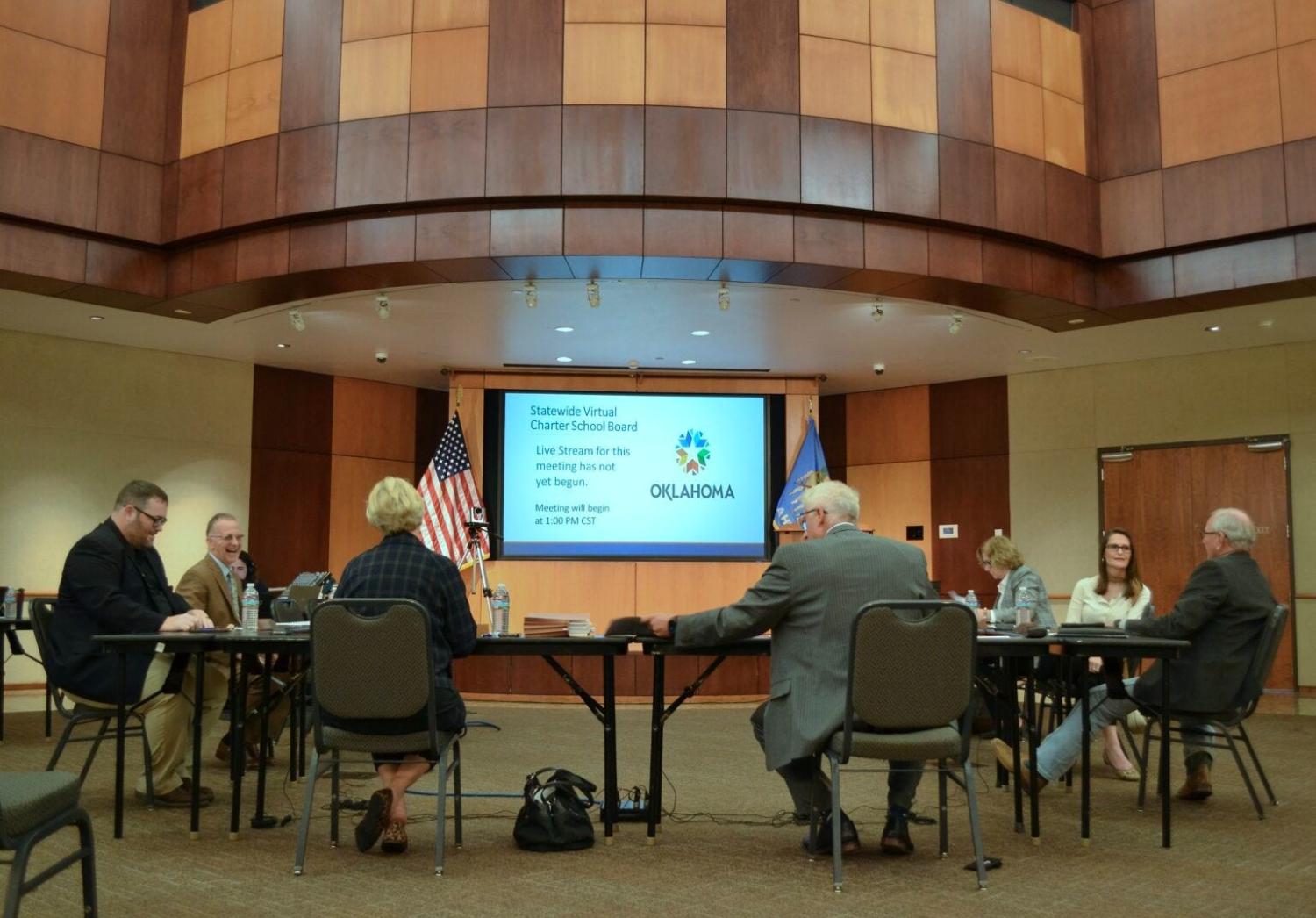Recent headlines announced that the Oklahoma Statewide Virtual Charter School Board approved an application for an online religious charter school (St. Isidore of Seville Virtual Charter School). This school will be the first religious charter school approved in the nation. Many were shocked to learn that there could be a religious charter school—after all, it is widely accepted that charter schools are public schools. Indeed, several state residents and a nonprofit organization have filed a lawsuit to prevent the school from opening because of its refusal to act in a nondiscriminatory and secular manner, which are hallmarks of public schools.
The dispute over religious charter schools has highlighted an enduring legal debate: Are charter schools truly public? Charter schools are publicly funded and operate under a contract (charter) with the state or a state authorized entity. Although charter schools are commonly understood to be public schools, they are really public-private hybrids. Like public schools, they are state financed, free, and open to all students. However, they are usually run by private boards of directors instead of elected school boards. This hybrid nature has made it difficult for courts to determine whether charter schools, and the boards that manage them, are really public. These legal status questions have important ramifications. If charter schools are “private,” for instance, they might be allowed to provide less civil rights protection for students than traditional public schools. They might also be subject to less public oversight over fiscal matters.
This blog explains why the constitutionality of religious charter school prohibitions will turn on whether charter school boards are “public” or “private” under the state action doctrine. We also provide a new approach that state legislatures can adopt to ensure that charter school boards are “public” under this concept.
Are charter schools really public schools? Charter school boards and the state action doctrine
A legal concept called the “state action doctrine” provides that governmental entities must follow the Constitution, while private entities do not. There are exceptions to this rule whereby private entities can be state actors, but the cases making this determination “have not been a model of consistency.”
Two federal circuit courts have examined whether charter school boards are state actors for non-Establishment Clause matters. Not surprisingly, they reached different conclusions. In Caviness v. Horizon Learning Center (2010), the 9th Circuit Court of Appeals held that an Arizona charter school board was not a state actor for employment purposes. The board was a private actor because it merely contracted with the state to provide educational services. Therefore, the board did not have to provide the teacher with a hearing before terminating their employment, which the Due Process Clause of the Fourteenth Amendment requires for public school boards.
In contrast, in Peltier v. Charter Day School (2022), the 4th Circuit Court of Appeals ruled that a North Carolina charter school board was a state actor under the Equal Protection Clause of the 14th Amendment. In Peltier, the board enacted a dress code policy that required female students to wear skirts because they were “fragile” vessels who deserved “gentle” treatment by boys. According to the court, the board was a state actor because the state had delegated a part of its constitutional duty to provide education to charter schools. The dissenting judges, however, posited that Caviness’s reasoning should have also applied to this North Carolina case.
This “public or private?” question is the core issue confronting the courts on religious charter schools. Their legality turns on whether charter school boards are state actors for purposes of the Establishment Clause of the First Amendment. Specifically, if Oklahoma charter school boards are found to be state actors, they cannot operate religious charter schools. Alternatively, if these boards are not found to be state actors, then prohibitions against their running religious charter schools might violate the Free Exercise Clause of the First Amendment.
Proponents of religious charter schools rely on a Supreme Court case, Carson v. Makin, for making this assertion. In Carson, the Court ruled that a state voucher plan violated the Free Exercise Clause by prohibiting private schools from using the funding to engage in religious instruction. Indeed, in an advisory opinion, former Oklahoma Attorney General John O’Connor claimed that under Carson the state could not forbid charter school boards from operating religious schools. O’Connor also rejected the notion that charter school boards were state actors under the Establishment Clause. In reaching this conclusion, O’Connor found that Caviness, not Peltier, was applicable. The Oklahoma Statewide Virtual Charter School Board appeared to rely on this reasoning to approve the proposal for St. Isidore of Seville Virtual Charter School.
An alternate route: Making charter school boards all-purpose state actors
Charter schools will face much uncertainty as circuit courts choose between the Caviness and Peltier approaches to state action for non-religion clause questions. There is also a possibility that the Supreme Court will adopt the Caviness approach to invalidate bans on religious charter schools.
However, there is an option available to state policymakers who are concerned about the prospect of religious charter schools in their home states. It’s a simple one, too. They can define charter school boards as public entities.
In a recent article, we argue that states should amend their statutes to establish future boards as government-created and controlled corporations. Doing so would make charter school boards state actors “for all purposes, just like any other governmental entity.” States could also examine the feasibility of terminating existing charter school boards and reformulating them as government-created and -controlled corporations.
Such a move would have certainly made a difference in Caviness and Peltier. Because the charter school boards would have been all-purpose state actors, the courts would have found that they had to comply with the Constitution in those cases. Likewise, there would be no issue in the Oklahoma case because the charter school board would be a state actor for Establishment Clause purposes.
A Supreme Court case, Lebron v. National Railroad Passenger Corporation (1995) (also known as Amtrak), defines the guidelines for establishing charter school boards as government-created and -controlled corporations. Specifically: (1) the corporation must be created by special law; (2) the creation must further a governmental objective; and (3) the government-established permanent authority must appoint a majority of the board of directors for the corporation.
Presently, most state charter school statutes would not satisfy the requirements of the Lebron case. Our review of Arizona, North Carolina, and Oklahoma’s laws indicates that the first and third prongs are the most problematic. Charter school statutes are not special laws because they do not require the creation of corporations for operating charter schools. States could satisfy this first prong by authorizing applicants to form corporations for this specific purpose. They fail the third prong because governmental officials generally do not appoint board members. To satisfy this requirement, states could designate one or more appointing governmental authorities, including school boards, mayors, and state charter commissions.
Of course, this would require action on the part of state leaders, and now is the time. If states wish to make charter schools “public” for constitutional matters, they cannot merely rely on statutory declarations that “charter schools are public schools.” They must act not only to ensure that charter schools are secular, but that their students and teachers do not shed their constitutional rights at the schoolhouse gate. By making charter school boards all-purpose state actors, legislatures can indeed make charter schools truly public.
The Brookings Institution is committed to quality, independence, and impact.
We are supported by a diverse array of funders. In line with our values and policies, each Brookings publication represents the sole views of its author(s).









